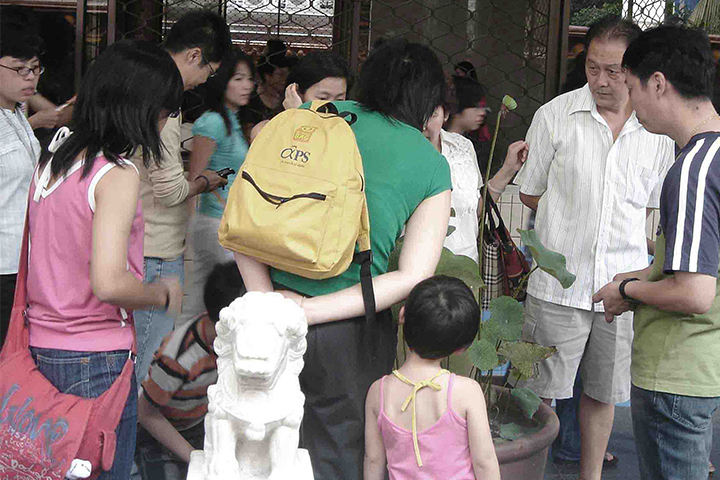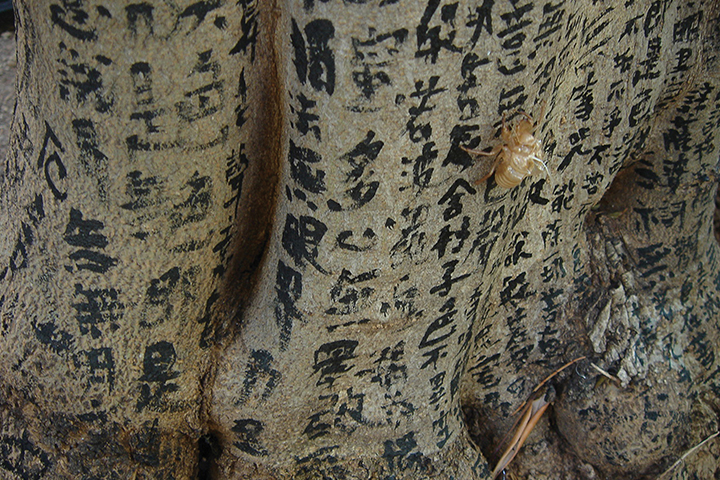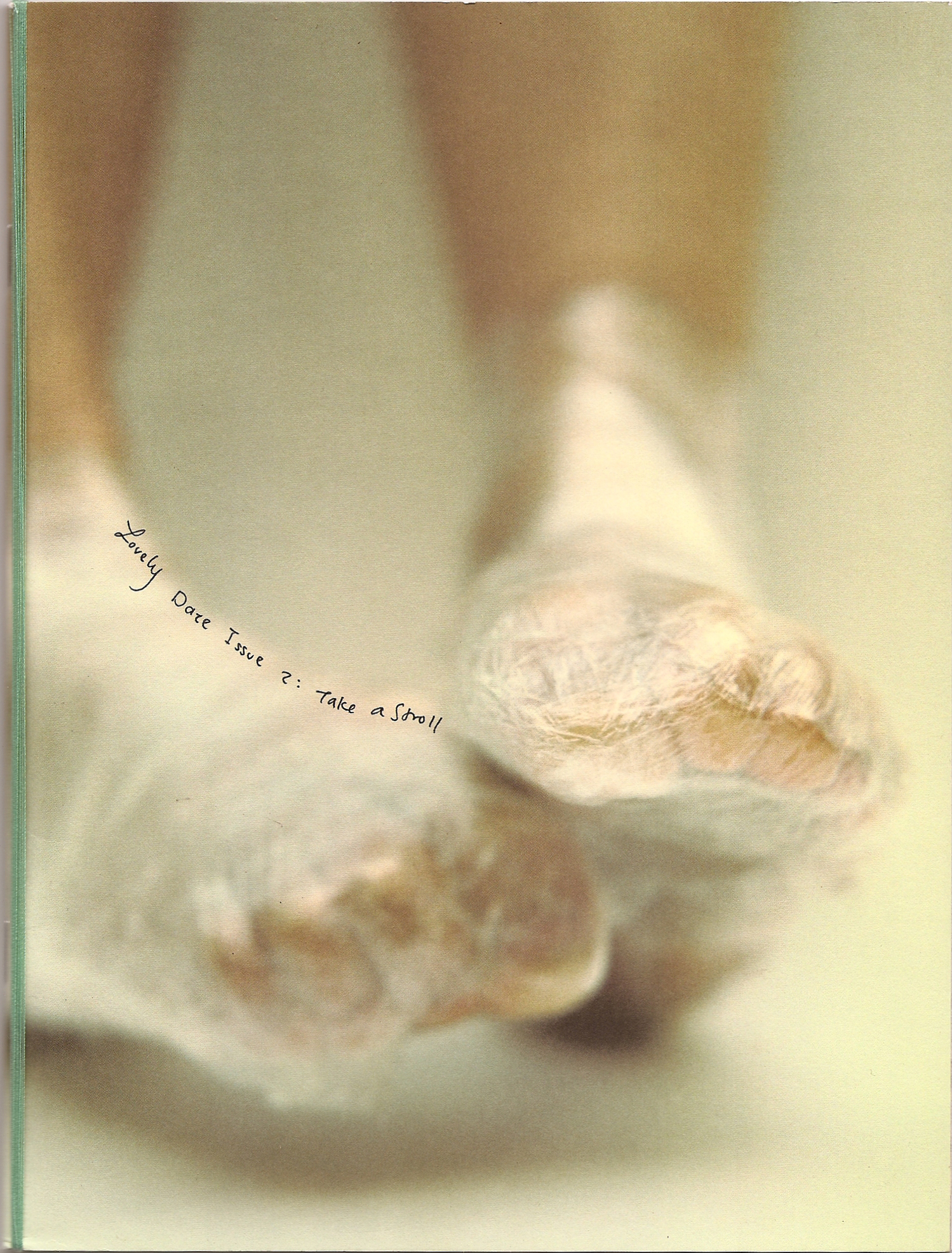Charwei Tsai
-
Tofu Mantra
Installation of black ink on fresh tofu Dimensions variable Commissioned by Singapore Biennale For the occasion of the inaugural Sinagpore Biennale in 2006, Tsai was invited to create a project in the former military camp of Tanglin. During the evening of the vernissage, the artist performed the writing of the Heart Sutra in Chinese calligraphy…

-
Singapore Biennale
Belief First Singapore Biennale Artistic Director: Fumio Nanjo Curators: Roger Mc Donald, Sharmini Pereira, and Eugene Tan 4 September ~ 12 November 2006 Exhibited Works: – Lotus Mantra I & II, 2006, Installations at Kwan Im Thong Hood Cho Temple – Tofu Mantra, 2006, Installation at Tanglin Camp Press Release: BELIEF is the theme for…

-
Olive Tree Mantra
Installation at Bratsera Hotel, Hydra, Greece Dimensions Variable 2006 I was invited to Hydra in Greece in 2006 by curator Dimitrios Antonitsis to make a project on the island. I chose a beautiful olive tree with a smooth surface and wrote on it the Heart Sutra, a Buddhist text that I have memorized since growing…

-
Lovely Daze – Issue 3
Lovely Daze Issue #3: When I Am Alone, Everything Is So Surreal, revisits André Breton’s almost-century-old Surrealist Manifesto* with a collection of artists’ writings and artworks. *In the Surrealist Manifesto of 1924, Breton defined the term surrealism as: Pure psychic automatism, by which one proposes to express, either verbally, or in writing, or by any…

-
Lovely Daze – Issue 2
Lovely Daze is a collection of artists’ writings and artworks published twice a year in limited editions. The second issue, “Take A Stroll,” inspired by presocratic philosophers, takes a fleet away from daily routines through earth, water, and air. Publisher/Editor/Designer ~ Charwei Tsai Editors ~ Kelly Carmena, Lesley Ma, and Sabrina Shaffer Copyright ~ Lovely…
